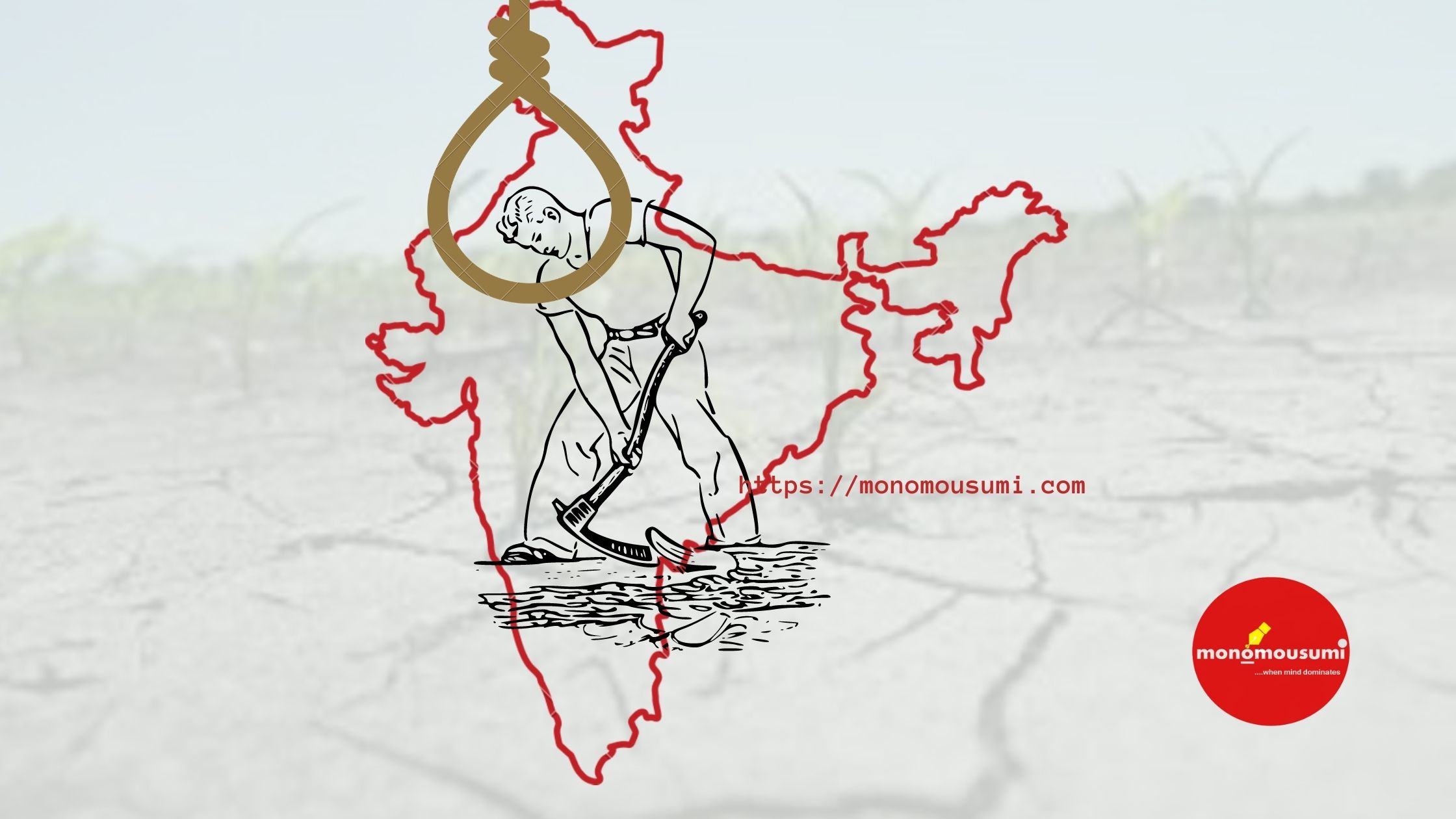
In my view, the greatest issue we face is of agrarian distress. A couples of months back, the Union Government of India brought in three legislations dealing with farm reforms in India. There is an element of uncertainty and precariousness among the farmers. There is considerable scepticism among agricultural workers in India. These laws have welcomed a mixed reaction from the international community. Various economists have put forth their concerns, thereby agonizing the average Indian farmer. In order to understand the recently enacted farm laws, it is imperative to thoroughly understand the agricultural marketing system as existed in our nation, prior to the acts being sanctioned by the President. During the initial years of independence, the Indian farmer was confronted with a crisis. Farmers in newly Independent India had no medium to sell their produce. They were incessantly at the mercy of local moneylenders and traders. They were perpetually in debt and were subject to severe exploitation. It was then, that in 1950, Agricultural Produce Market Committees were established by the State. APMC by definition, is a system operating under the state government consisting of ‘mandis’ in the market area regulating the notified agricultural produce and livestock. Traders willing to purchase agricultural produce in a mandi, were not permitted to do so in the absence of a license. Minimum Support Prices were also made available to the farmers at this point in time. The fundamental objective of such a system was to safeguard the rights of the average farmer and to protect him of exploitation. In this framework, the farmers interacted with the traders, who further interacted with various institutional buyers. The farmers were protected by the State, and trade was regulated.
The recently sanctioned laws however, seek to change the landscape of Indian Agriculture. To begin with, the Farmers’ Produce Trade and Commerce(Promotion and Facilitation)Act, 2020, allows for barrier free trade. In other words, farmers can now engage directly with institutional buyers, corporate houses, businessmen, etc. A major drawback to this mendacious act is the fact that 85% of the farmers in India are small and marginal. They own less than two hectares of land. In such circumstances, naturally so, their bargaining power as compared to big corporate houses would be minimal. Further, although the act does not talk specifically about APMC, their closure is likely, considering the tax-free nature of trade outside of the mandis. The State Governments too are at a loss in terms of taxation, and jobs would be lost by those working in the 7000 mandis all across the nation that too amidst the pandemic, and so on and so forth. The idea of unrestricted, free and direct trade is tempting, but its consequences in this situation particularly, will prove to be detrimental.
The next act is the Farmers(Empowerment and Protection)Agreement on Price Assurance and Farm Services Act, 2020. It allows farmers to enter into agreements with agricultural firms, exporters, and buyers to produce crops for a pre-agreed price. This is particularly beneficial to the farmer in case of a bumper harvest, but its limitations outweigh its benefits. Initially companies will be willing to pay reasonably good prices to farmers, and will offer products at cheap prices to consumers. All business models follow a similar strategy in the initial few years to create a place for themselves in the market. Such a system, for any business is not sustainable. Soon farmers will be given relatively lower prices for their produce, and the farmer who would lack an alternative medium to sell his produce, would have to make do with what he gets. The government of course cannot interfere in such a scenario. It is simply not legally permissible to instruct a business on the prices it must procure commodities at. The farmer would be left with no other option.
Last but not the least is the Essential Commodities(Amendment)Act, 2020 which allows reagents to stock food articles freely without the fear of being prosecuted for hoarding. It goes without saying that this would lead to artificial price fluctuations, something the State has attempted to prevent ever since. Another aspect is the continual existence of middlemen even in this new framework, though it aims at terminating them. Although the Prime Minister has assured the farmers that MSPs will remain whatsoever, farmers demand a link between contract prices and minimum support prices. The objective of these laws is singular and noble- to increase agricultural incomes by increasing competition in the sector and making choices available to the farmer. This very objective however seems unacheivable. The farmer would end up starving, and not getting his due.
By Madhav Datta, New Delhi


